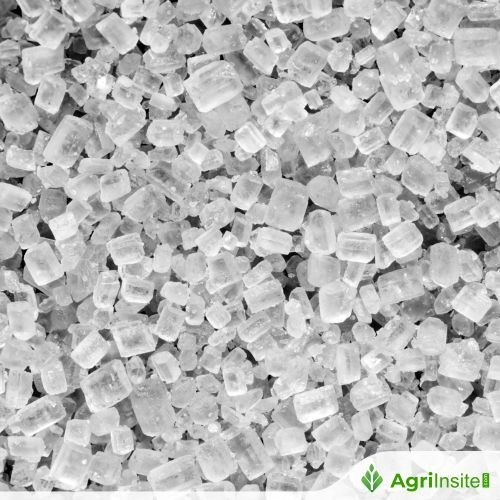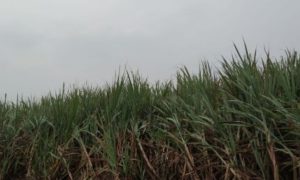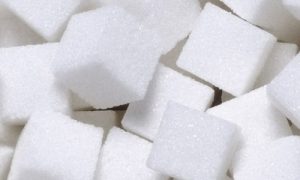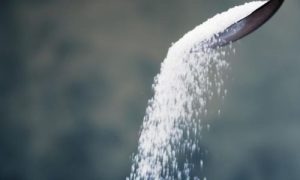Zimbabwe : Local sugar is of poor quality, says Delta Beverages

Delta Beverages, Zimbabwe’s top soft drink producer, has urged the government to allow sugar imports, citing high costs and poor quality from local suppliers like Goldstar and Tongaat Hulett. Delta claims local sugar often fails Coca-Cola’s quality standards and arrives late. Local producers oppose imports, warning of unfair competition, while lawmakers call for dialogue to resolve the standoff.
Leading beverages manufacturers Delta Beverages says local sugar isn’t up to standard and costs too much, and the country’s biggest beverage producer wants government to support sugar imports – a step likely to make sugar producers bitter.
Delta, which produces soft drinks under the Coca-Cola licence, says the sugar it’s getting from local producers is not only expensive but also falling short of the quality Coca-Cola demands.
Delta gets its refined sugar from StarAfrica’s Goldstar Sugars and from Tongaat Hulett’s Hippo Valley and Triangle.
But, according to the company, the sugar often doesn’t make the grade — or arrives late.
“The Delta soft drinks business operates under The Coca-Cola Company, which defines quality specifications under the International Commission for Uniform Methods of Sugar Analysis,” Delta’s Finance Director Alex Makamure told Parliament’s Industry and Commerce Committee on Tuesday.
“Over the years, they have failed to meet the quantity and quality requirements. We’ve had significant disruptions, particularly during the summer peak when the mills are off-season.
“At times, they have not met the indicated quality parameters.”
He says local sugar prices are pushing Delta’s costs up, and that imports would be cheaper.
“The current local sugar pricing at US$900 per metric tonne from Gold Star and US$890/MT from Tongaat Hulett is not competitive.
“Currently, imported sugar is landing at US$800/MT before adding the 30% surtax. With the added cost of the sugar tax, the impact on the sugar cost is a key determinant of the viability of our business,” said Makamure.
Local sugar producers won’t like Delta’s proposal. Their industry was hit hard in 2023 when government briefly opened the door to cheaper imports.
At least 17 foreign brands entered the local market, taking up to 25% of market share from domestic producers.
But the tide turned when government reintroduced import restrictions last year, giving local suppliers some breathing room.
In its latest financials, Starafrica, which produces Gold Star sugar and supplies Delta, reported: “The plant maintained its international quality certifications from The Coca-Cola Company and the FSSC 22 000 food safety standard.”
Foreign sugar is cheaper because some countries subsidise their producers. In contrast, local producers face high production costs.
“Hippo Valley, which produces over half the country’s sugar, says the industry is only recovering now after suffering damage from the imports.
“The reinstatement of duty on sugar imports addressed the unfair competitive advantage previously enjoyed by non-fortified regional sugar brands, which had landed in Zimbabwe at prices lower than locally produced sugar, and in some cases below prices prevailing in their countries of origin,” according to Hippo.
The company says local sugar output is strong enough to meet demand, including from large customers like Delta.
Committee chair Clemence Chiduwa urged dialogue: “In terms of the value chains, we should be using the sugar produced locally.
“We should be looking at competitiveness (of producers). They should find each other, meet and say what should we do to make sure that we promote our own sugar.”
To Read more about Sugar Industry continue reading Agriinsite.com
















